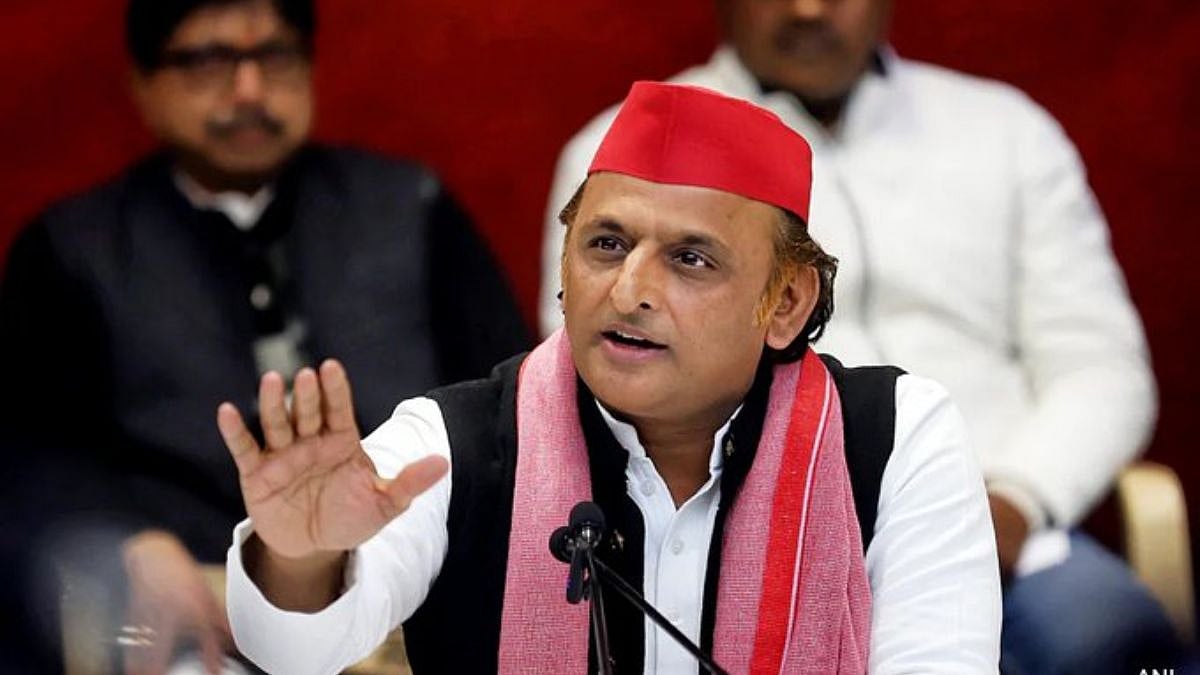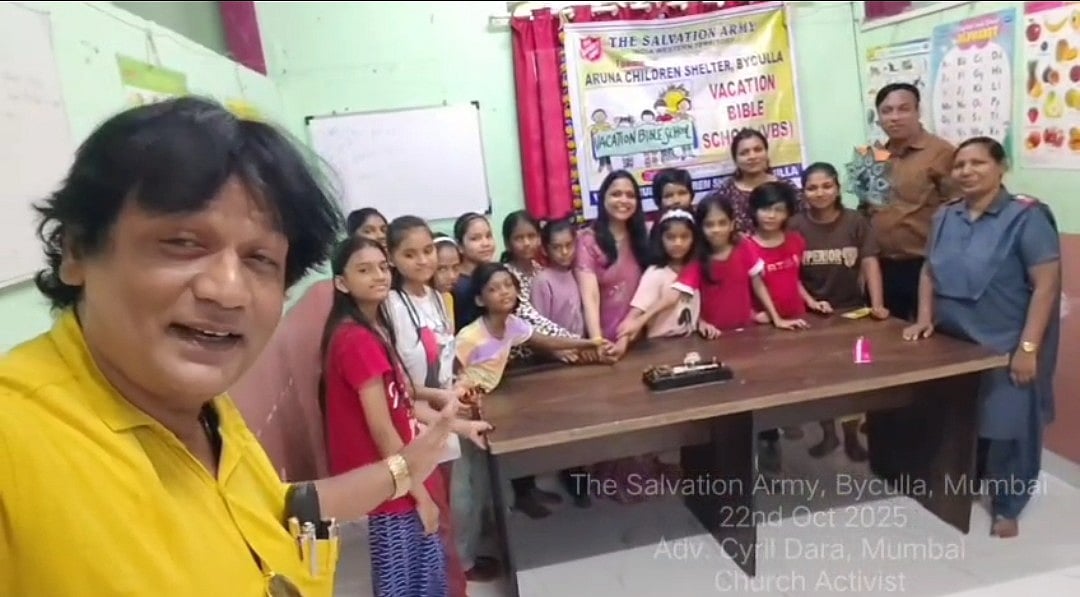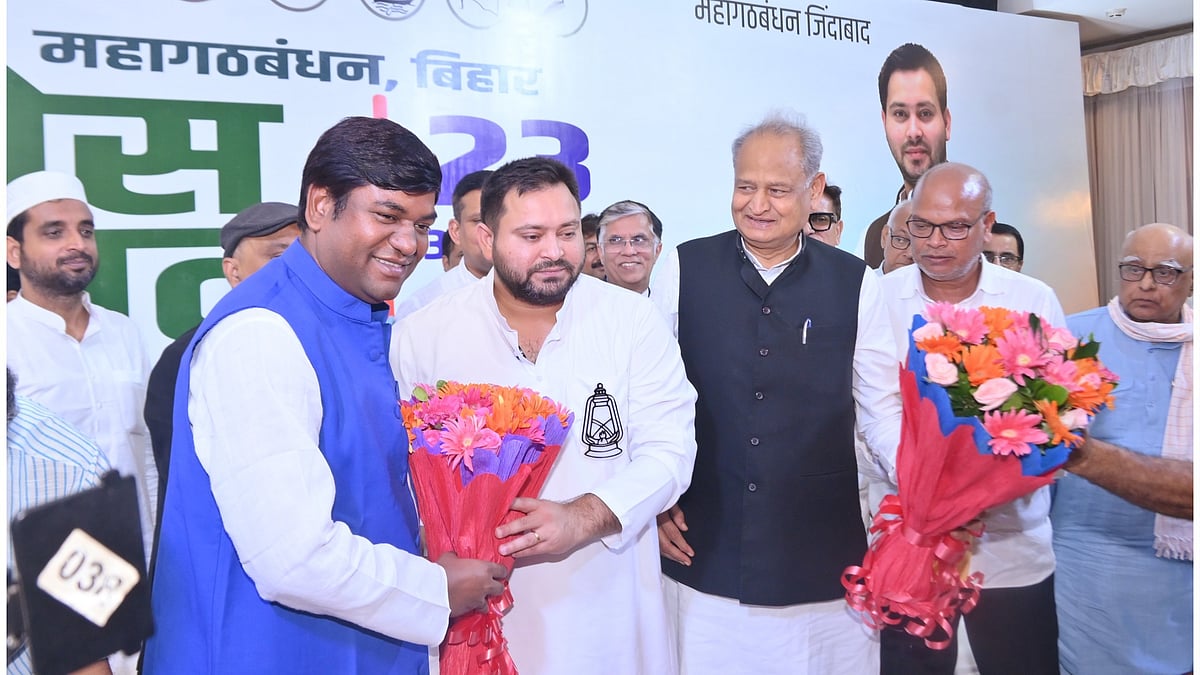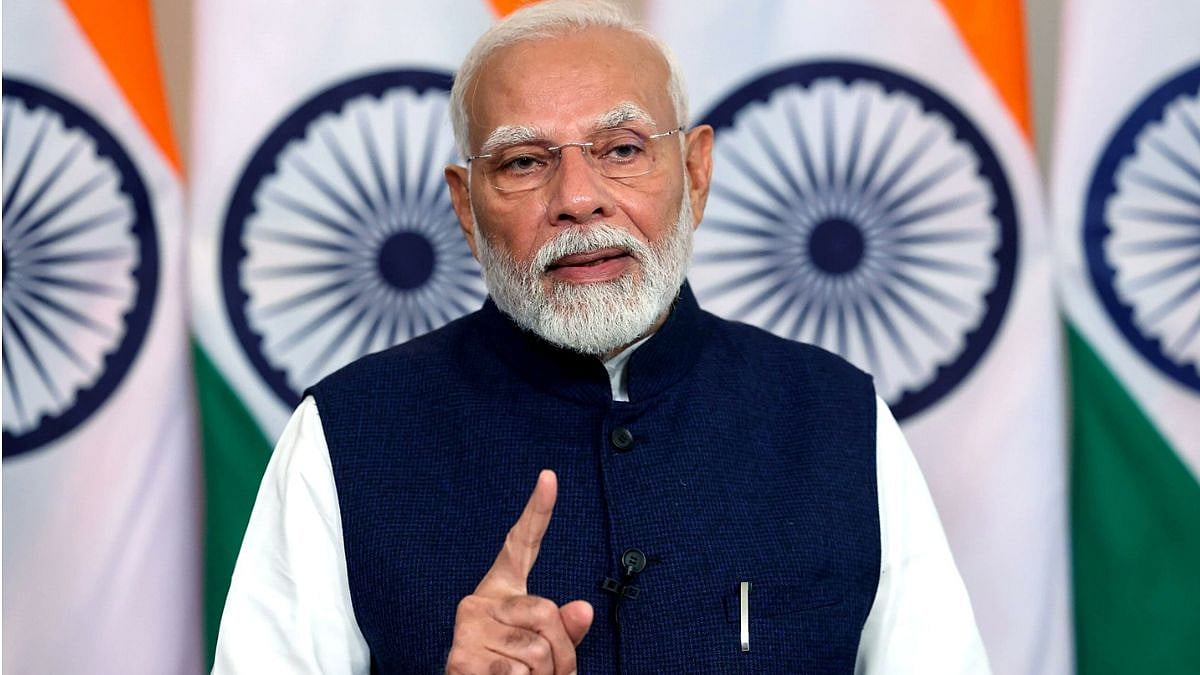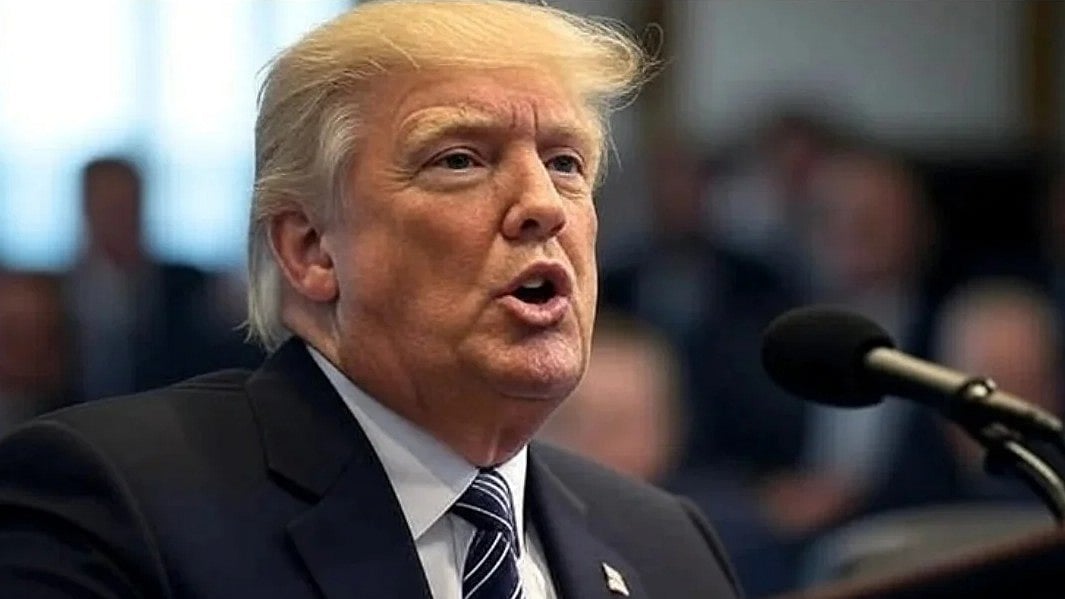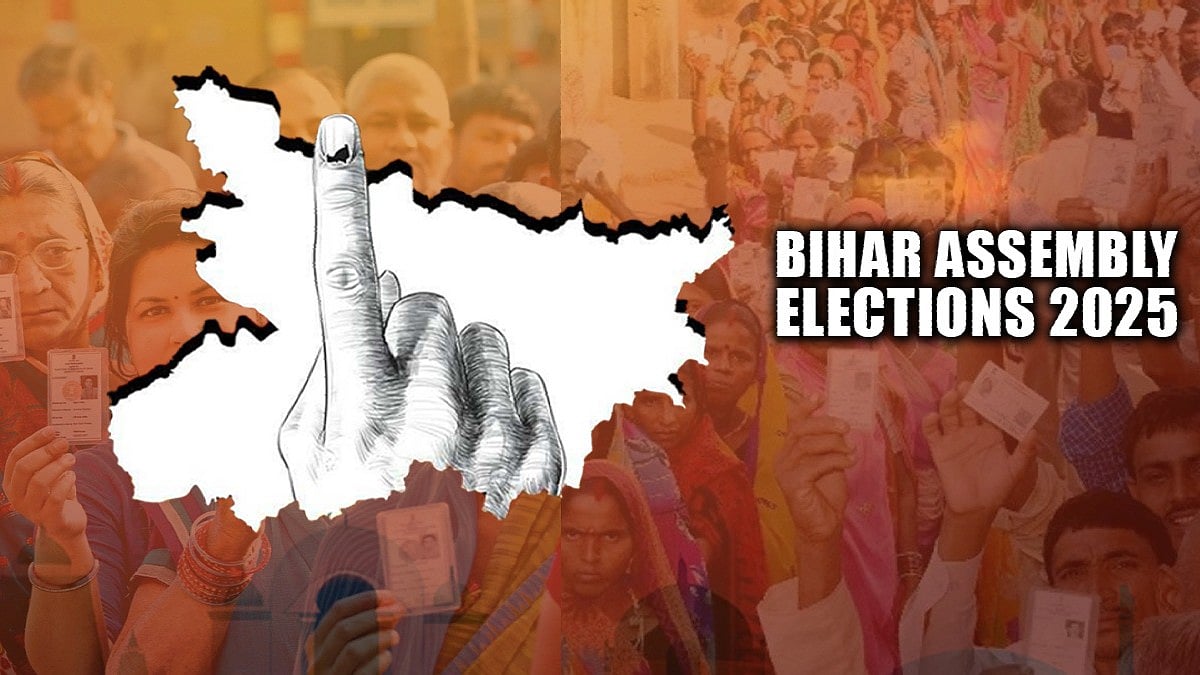On February 28, the Gujarat High Court slammed the Gujarat National Law University (GNLU). The court was reacting to the report submitted to it — in a sealed cover, a week before — by a fact-finding team, chaired by the retired justice, Harsha Devyani. The report revealed the “involvement of GNLU administration, suppression of the whole incident...and… incidents of rape, molestation, discrimination, homophobia, favouritism, suppression of voices, lack of existence of internal complaints committee (ICC), lack of information to the students about the ICC… and the registrar is filing an affidavit….that nothing happened…close the proceeding. He dared to say this in the court when the court was seized of the matter. How will these people protect the children?”
(In September 2023, students of GNLU posted on social media alleged incidents of sexual harassment and discrimination. The Gujarat high court took suo moto cognisance of these incidents, reported in local newspapers. The court had earlier strongly objected to the way in which the GNLU acted on the incidents. It called the university’s actions an “eyewash” and found the registrar’s stance as being an over-anxious effort to hush up the whole matter.)
The court noted that from the beginning the university administration adopted “an adversarial approach. That was the scariest part of this report”. Further, the court said, “all these lectures, talks, seminars everything goes to rubbish. It has no meaning at all”. The court criticised GNLU for treating students’ social media post regarding their grievances as an offence because it would tarnish university’s image.
In February this year, OP Jindal Global university, a prestigious private university claiming to champion liberal values, took action against two students for “putting up posters and engaging in conversation” that involved “derogatory and provocative” words regarding the Ram temple in Ayodhya. Reportedly, the discussion was critical of the politics surrounding the consecration. The students were first suspended for a semester and then “evicted” from campus housing. The university’s student disciplinary committee justified the punishment on the ground that it was a “serious violation of the student code of conduct”. Ironically, Jindal university is an “institution of eminence”. It boasts of retired judges of the Supreme Court among its faculty and its law school is ranked among the top 100 in the world.
On February 1, the Indian Institute of Technology, Bombay, suddenly cancelled its own institute’s lecture on “the crisis within: on knowledge and education in India” by eminent scholar and retired Professor G N Devy. The email sent by the administration mentioned that the lecture has been cancelled “owing to unforeseen circumstances”. After the cancellation, Professor Devy said, “It is difficult for me to understand the motivation behind calling off the lecture.”
These three incidents at prominent and prestigious institutions of higher education (IHEs) in the country, in one month alone, are sadly not isolated incidents. They fit a pattern in recent years in IHEs where, whenever teachers and students have been critical of powers that be, they have been arrested and harassed; discussions have been stalled; film screenings have been cancelled; visas for foreign scholars have not been issued or have been cancelled. They point to a disturbing and alarming reality: a new model of governance at IHEs where the administration of these institutions is at war with its own students and faculty. In fact, the administration is keen to ensure that any challenge to the dominant political and social narratives is dealt with swiftly and harshly. It is a model of governance that is keen to ensure that students and the faculty confirm to the dictates of the powers-that-be and meekly comply with whatever regulations and restrictions the administration deems fit to arbitrarily impose from time to time.
Clearly, those imposing this model of governance on IHEs strongly believe that order and discipline in an institution can only be maintained through fear and punishment where the grounds of discipline are forever shifting and nobody is sure what to say and what not to say to whom and when.
Alas, for many, this model of governance undermines the very foundations of a constitutional democracy and the core principles of a modern university. The fact is that, with all its flaws and contradictions, a modern university at its core is defined through its ability to encourage, sustain and defend the fundamental right of its students and faculty to test ideas — all ideas — through debate, discussion, experiment and dissent in its classes, seminars and the campus. In fact, a good modern campus is the place where one has the right to be wrong, and has the right to offend; where the academic space is sacrosanct and free, to ensure that within it, the inequities of the world can be exposed and challenged. The university is a place of learning, of opening up, of exploring different, unfamiliar ideas and identities (including sexual identities): free from fear of punishment and censure and where the faculty are the guiding lights to facilitate and encourage such explorations and questioning.
If all this were to change and if the IHEs were required to be simply subservient to the powers-that-be, then it is safe to say that the very idea of a modern university in the country would collapse. Instead, it would suggest a “closing of the mind” in IHEs, where the status quo is not to be disturbed, where the dominant narratives are beyond question and where obedience and conformity are prized above all: it would subvert the very idea of higher education!
Vrijendra taught in a Mumbai college for more than 30 years and has been associated with democratic rights groups in the city

